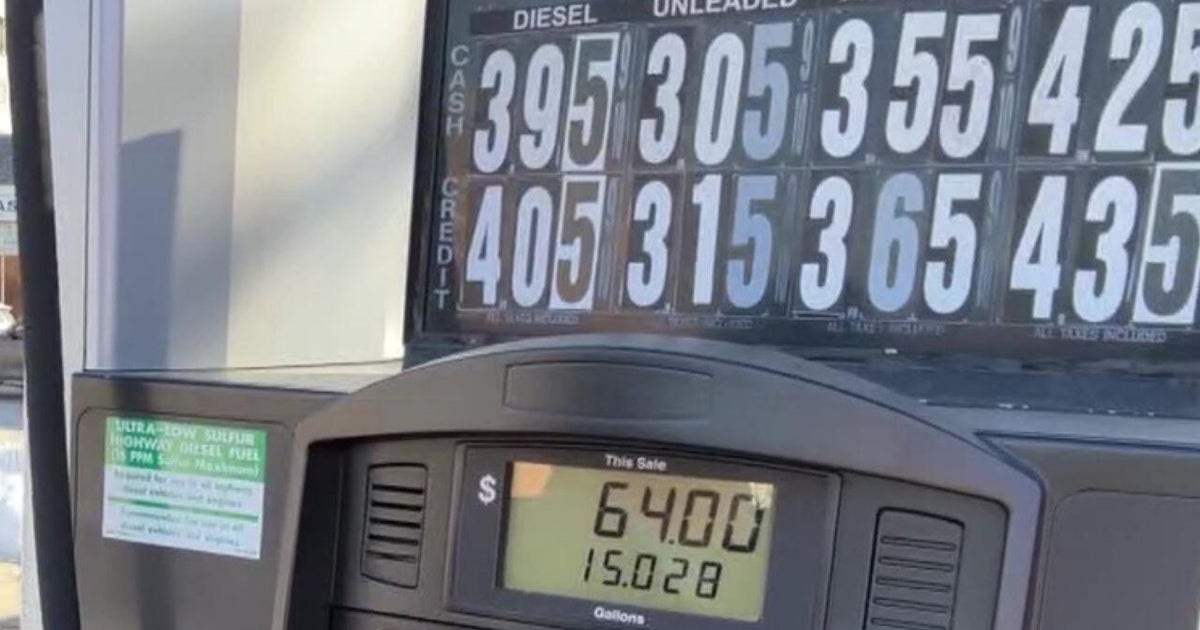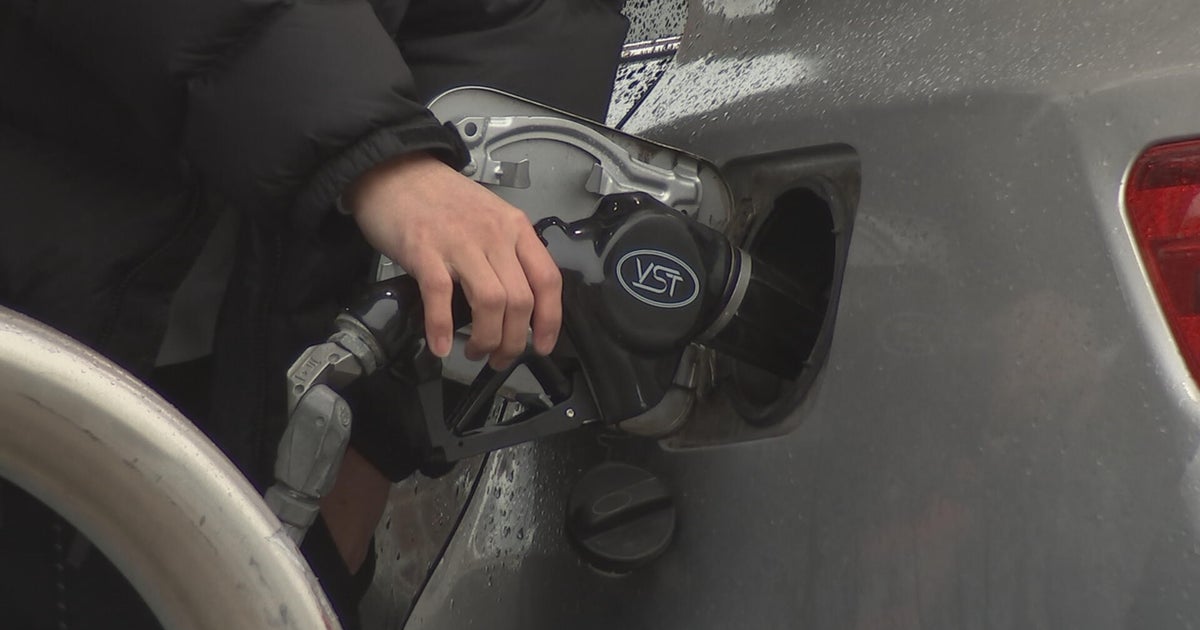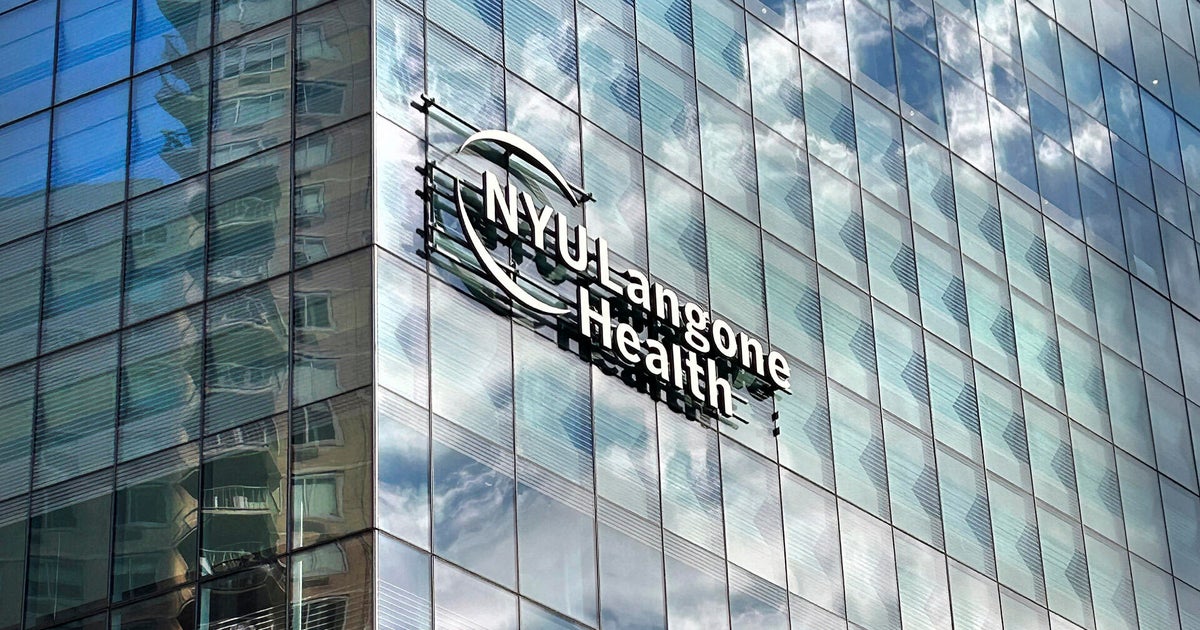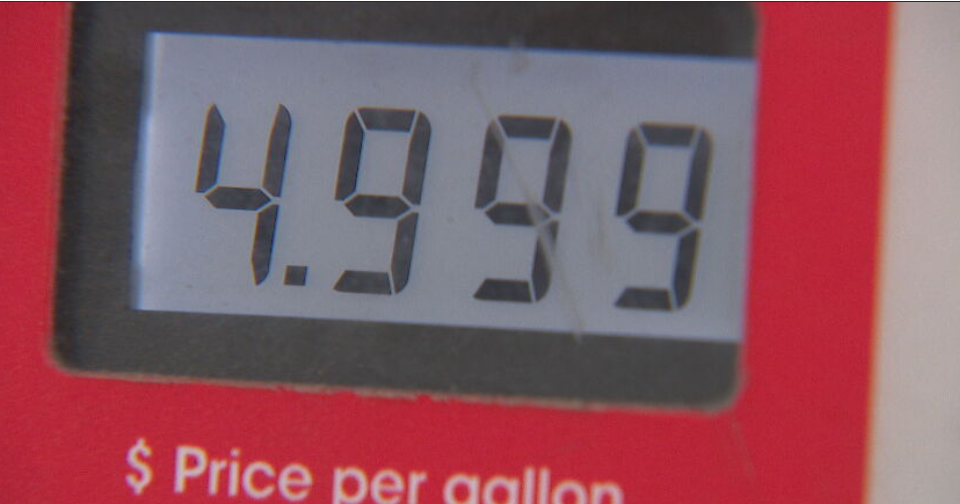Looking back 45 years after the discovery of the Greenpoint Oil Spill, one of the largest ever recorded in our country's history
NEW YORK - On a boat in a Superfund Site, CBS New York's Hannah Kliger went to the exact spot where, in 1978, a Coast Guard helicopter on routine patrol found oil flowing into the Newtown Creek. Studies estimate that, over decades, oil refineries on these shores spilled between 17 and 30 million gallons of product.
"The tremendous impacts on the ecosystem, the inability of people to safely access their local environment, it's harder to put a price on that," says Willis Elkins, Executive Director of the Newtown Creek Alliance, which advocates for this waterway. It's one of many organizations that got funding as part of a settlement with ExxonMobil. A group of residents joined with environmental watchdog Riverkeeper, and, eventually, the State of New York to take the oil company to federal court.
"Our entire family has suffered with an array of autoimmune diseases, brain diseases, respiratory diseases. Now heart disease, cancer," says Laura Hofmann, who was a plaintiff in that suit.
With an order for polluters to clean up the mess, and more than $19 million from the settlement, the state created the Greenpoint Community Environmental Fund, or GCEF. Christine Holowacz was a member of the community advisory panel which decided where this money should go.
"I don't want to move away from the community. I want to make this community to be my community. It was an immigrant community, community that didn't vote," she explains.
With that money, GCEF funded 48 green initiatives in the neighborhood, one of which is the Greenpoint Library and Environmental Education Center.
"We needed a call to arms," says Acacia Thompson, who serves as the Brooklyn Public Library's Environmental Justice Coordinator. "We have a community here that wasn't going to take it any longer."
The sustainable building boasts a rooftop demonstration garden, solar panels and rainwater management systems, along with climate-focused education programs.
"All the food that we grow here we either use in our programs or give away to our patrons," Thompson says in the garden.
Another project that left its mark, the Kingsland Wildflowers, a rooftop field that serves as a respite for native plants and insects.
GCEF has since closed, the money paid out, but the pollution left behind can still be seen every day.
So far, the state says more than 13 million gallons of oil have been cleaned up, and there's more to go.
Just on a recent boat trip with Kliger and Elkins on the creek, an oil sheen on the surface and strong smell of gasoline were noted coming from one of the former refinery sites.
Elkins, part of a devoted team of watchdogs on these waters, reported the conditions to the NYSDEC.
Toxic sediments remain underwater, as the federal Superfund cleanup is set to begin at the end of this decade.
However, endangered monarch butterflies now pollinate wild flowers nearby, a library grows herbs and veggies for local kids -- all signs of a community empowered to make a difference.
Have a story idea or tip in Brooklyn? Email Hannah by CLICKING HERE.








